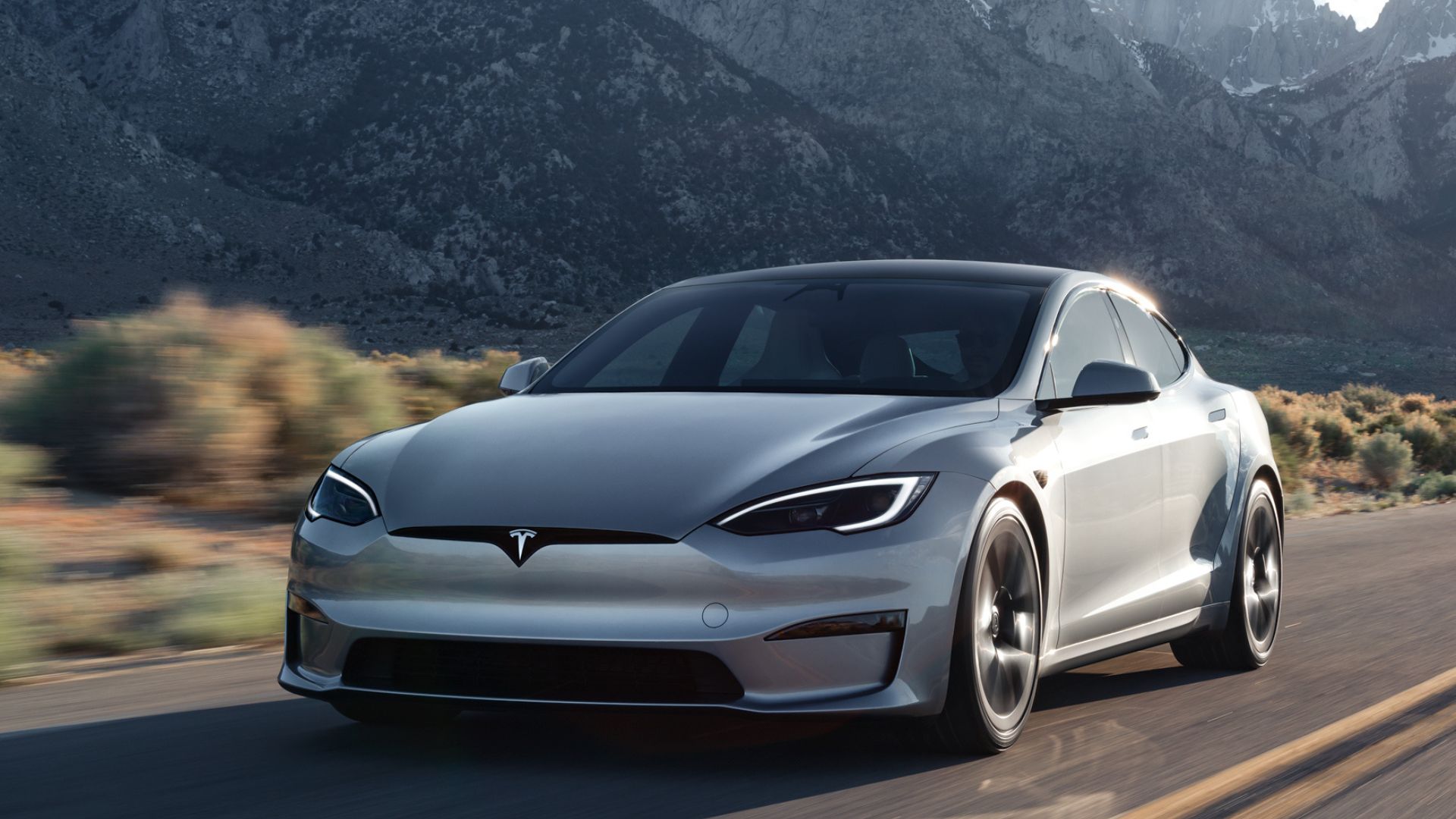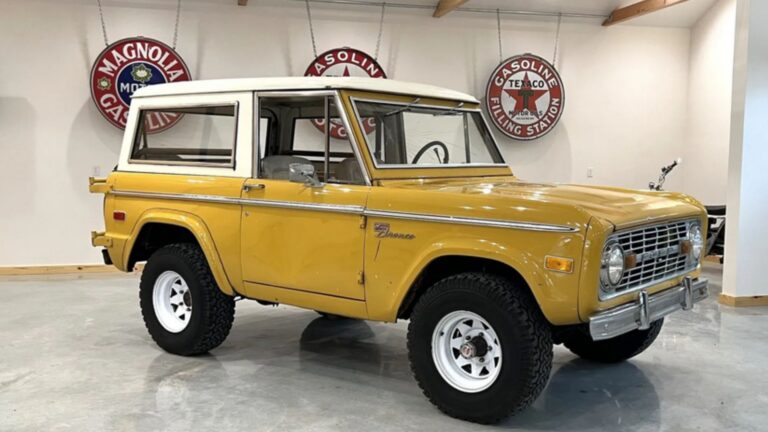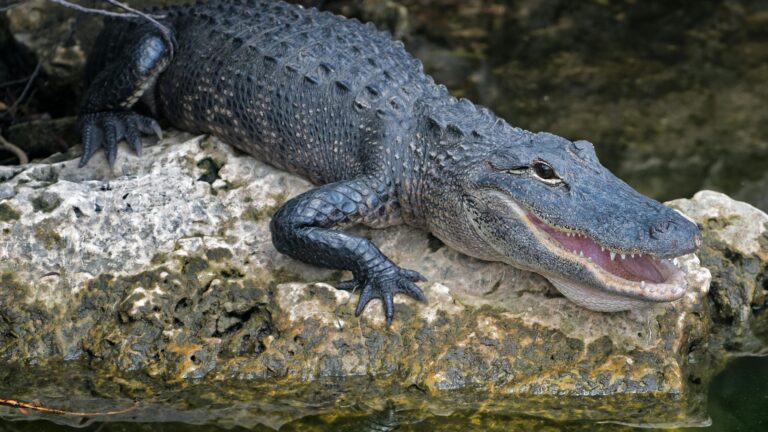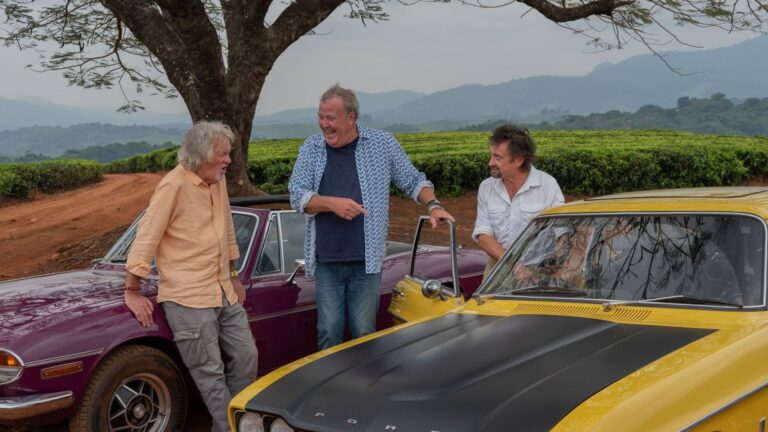
Image via Tesla
Back in April, a Tesla Model S hit and killed a motorcyclist in Seattle. While the driver was arrested on a vehicular homicide charge, the details of what exactly happened weren’t entirely clear. Now a report claims the EV had Full Self Driving engaged and there are questions about if the driver of the technology was at fault.
This police department traded all its cars for Teslas.
Some might wonder why the driver was arrested when the Tesla was doing the driving. According to Reuters, the 56-year-old who was behind the wheel admitted to police he was looking at his phone instead of paying attention to the road and what the vehicle was doing.
One of the big issues coming out of this case is whether or not the driver or the technology will legally be held liable. It’s something which was debated for years before autonomous drive systems were released to the public, but it seems there isn’t a general consensus.
Despite what people might infer from the name, Full Self Driving in fact isn’t a fully autonomous drive system. Instead, the human driver must be attentive and ready to take over at any moment. However, some Tesla drivers seem to believe it’s something they can set, then do other tasks because the car will take care of everything.
Undoubtedly, this fatal crash will result in some sort of legal case, be it criminal or civil, maybe even both. Police in Seattle have been conducting an investigation into what happened, as has the National Highway Traffic Safety Administration, reports Reuters.
Scrutiny of Full Self Driving has been high since it launched. One of the many criticisms is the lack of lidar or sensors other than cameras for the system to operate.
Elon Musk has been bullish on the autonomous drive capabilities of Teslas for some time. At one point he talked about fleets of self-driving Tesla taxis people could hail from their phone, but that so far hasn’t come about.
Lately, he’s been talking up cars in which Tesla owners can sleep, play video games, or do anything other than actively drive. Maybe that sounds great for some, but we actually like being in control of our vehicle.
Other companies like Alphabet and Cruise have also tried expanding boldly into full self-driving cars but have experienced their own challenges, casting some doubt on the future of autonomous drive technologies.
Image via Tesla



